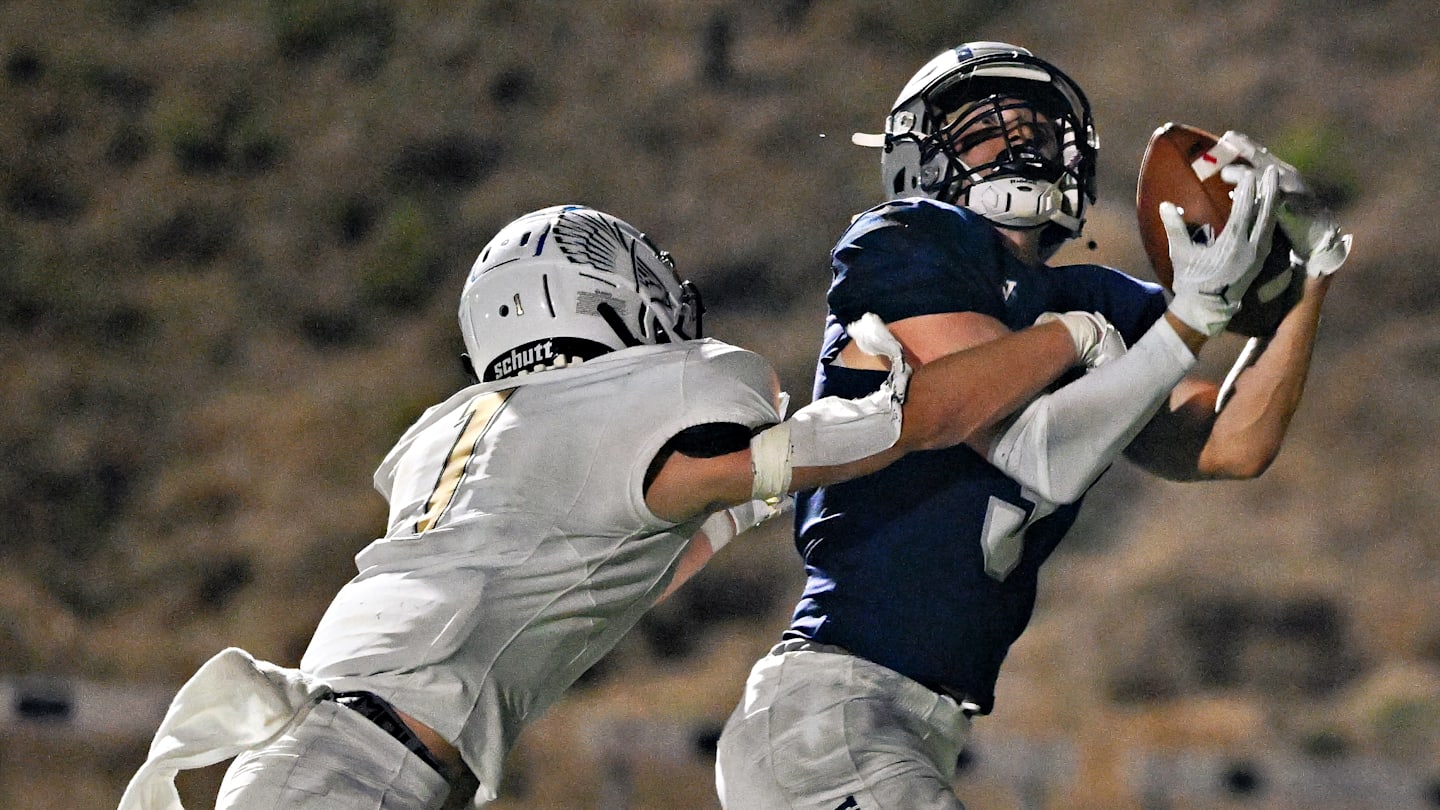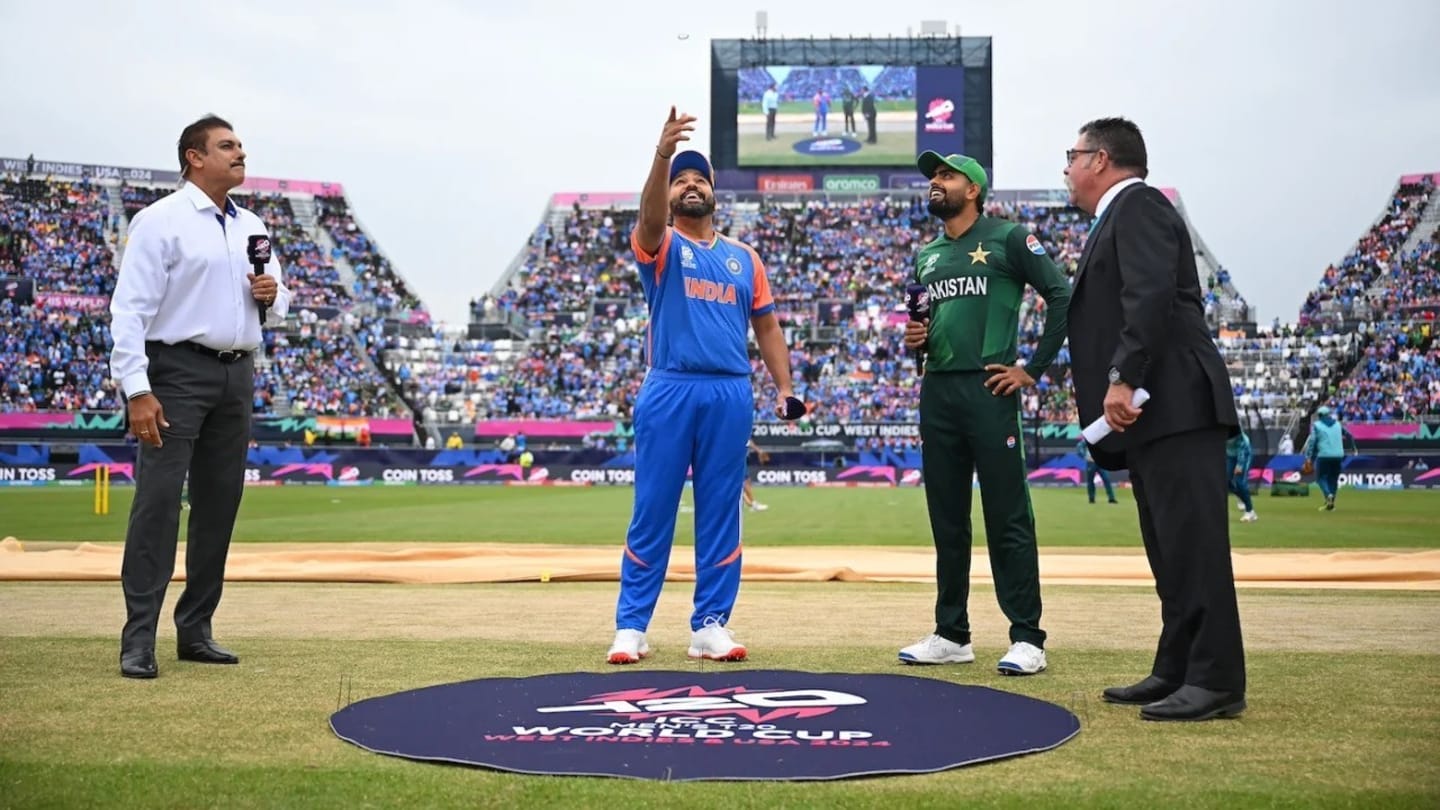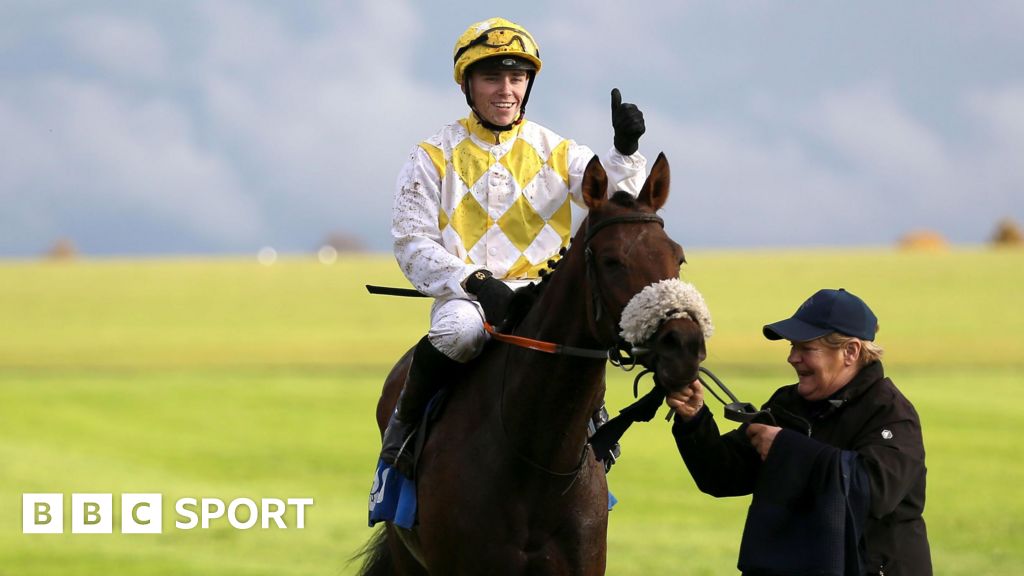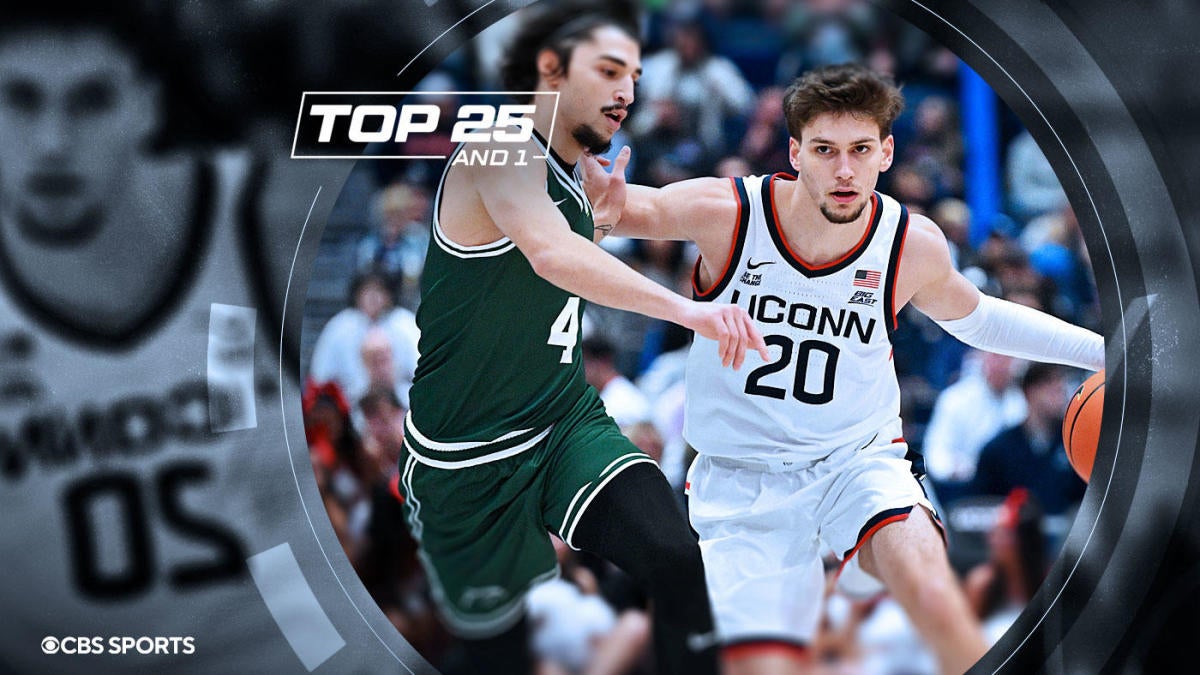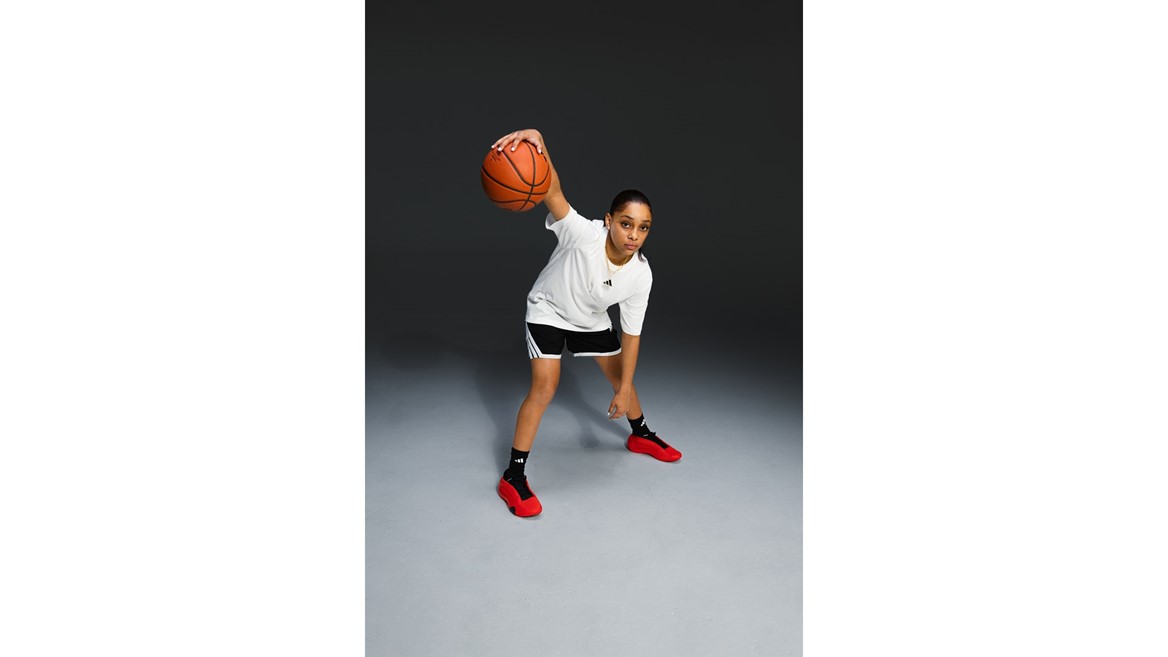A Disaster Season in College Football Like No Other
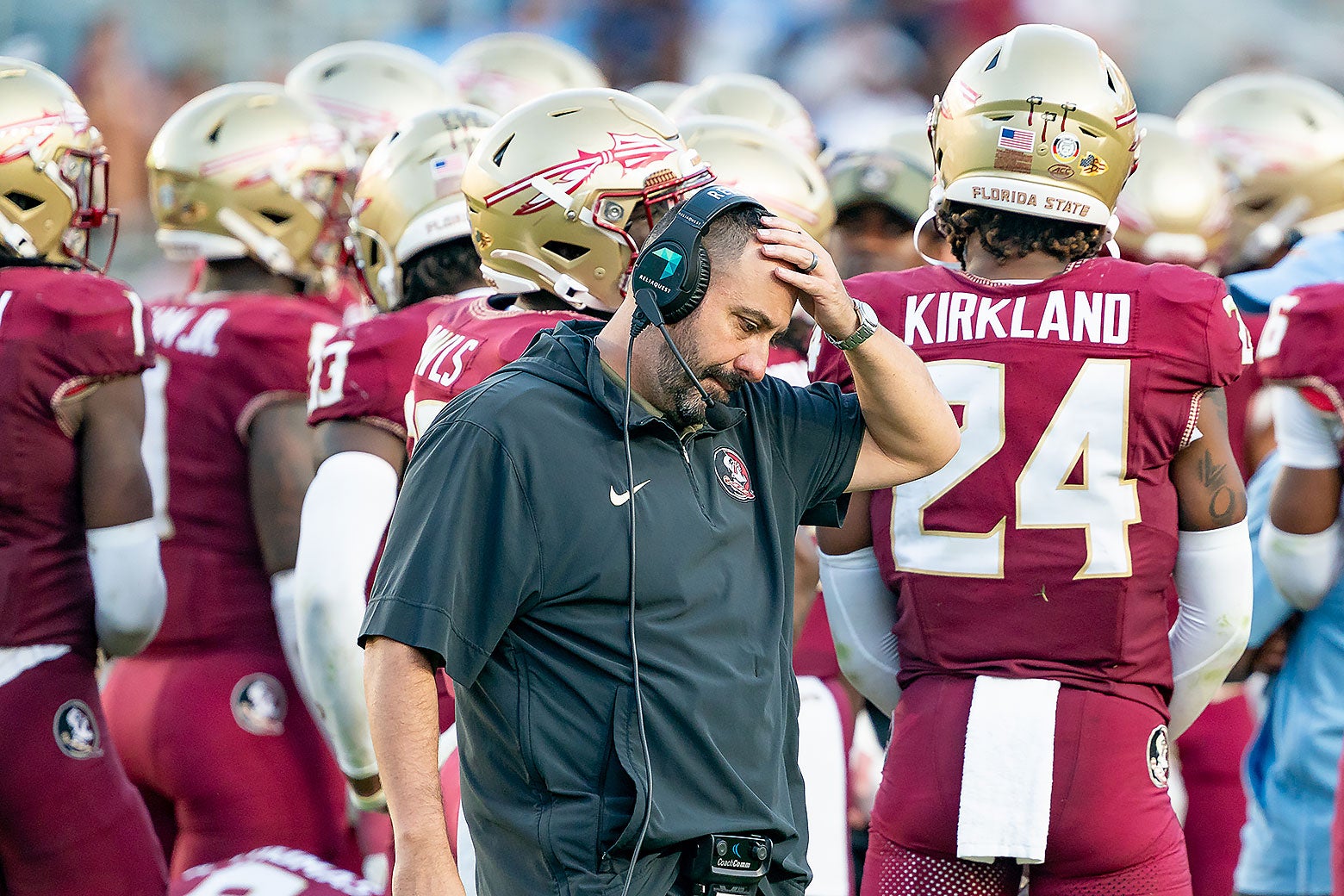
College football has never had a disaster season like the one the 2024 Florida State Seminoles are putting on right now.
Florida State is one of roughly 14 championship-capable programs at the sport’s top level, part of the select few who can recruit enough elite players to win the whole enchilada when enough things go right. Programs in that weight class have plenty of mediocre seasons, and sometimes they have downright awful ones. You may remember, for example, Notre Dame going 4–8 in 2016. Or you could look at schools like Florida, Michigan, Southern California, and Oklahoma sputtering around .500 right now.
FSU wishes dearly that it could be flirting with .500. The Noles are 1–9. They have already finished dead-last in the Atlantic Coast Conference, and they will probably finish 2–10 only because they are paying a lower-level school, Charleston Southern, to visit Tallahassee on Nov. 23. A loss in a few weeks to rival Florida, which itself isn’t very good but is much better than FSU, would guarantee double-digit losses for the third time ever and the first since the 1970s, when FSU was barely even a real program.
You can find worse seasons by blue-blood programs. Alabama went 0–11 in 1955, after all. But all of the other seasons of this vintage by top programs came amid prolonged declines, as college sports writer Matt Brown found in his research. Literally never has an elite program gone from the penthouse to the outhouse with the speed that FSU has shown off this fall. This team won the ACC championship with a 13–0 record last season and would have played in the College Football Playoff if scheming bureaucrats on the selection committee had not denied them a spot based on an injury to the team’s starting quarterback. (FSU then got jackhammered into the earth in an Orange Bowl loss to Georgia, but that doesn’t tell us that much. Most of FSU’s best players decided not to participate in that game.)
Almost nothing in college football, I like to say, is ever new. But a program going from national title contention to 1–9 and last place in its conference this rapidly is unprecedented. That begs the question: How have the Noles managed it? The answer: comprehensively.
Last year’s FSU season was a joyride. The Noles had a quarterback who wasn’t merely effective but felt like an example of everything people like about college football. Jordan Travis began his career at Louisville in 2018 and wasn’t good. He transferred to FSU in 2019 and … still wasn’t very good. He stayed with the program after it hired a new coach, Mike Norvell, before 2020, and Travis got a little better over time. In 2023, something clicked, and Travis became one of the best players in the country. He embodied a program guy, a player who stuck with his school through thick and thin and developed into a star. (Travis was good enough that his late-season injury caused the committee to go cold on FSU.)
Other elements of the team were terrific, too. Over two recruiting cycles, FSU brought in a couple of transfer wide receivers, Keon Coleman and Johnny Wilson, who played great and got themselves drafted into the NFL. The defensive line was ferocious, with edge rusher Jared Verse and tackle Braden Fiske giving FSU a dominant front. (They were both top-two-round draftees of the Los Angeles Chargers.) Up and down the lineup, FSU had future pros playing to their potential in the system Norvell’s staff crafted.
A total of 10 players heard their names called in the draft. Usually, that’s an unambiguously great thing for a college team. A team doesn’t produce that many draft picks unless it is a recruiting and player development powerhouse. Those players become success stories who help the program harvest more great recruits. Alas, something in that cycle broke at FSU. Most of those FSU draftees were transfer portal additions who started their college careers elsewhere, some playing as little as a year in Tallahassee. Norvell did not have a cupboard stocked with ready-to-go reinforcements.
Most everyone expected a step backward. A record of 9–3 or 10–2 seemed reasonable, with FSU contending for the newly expanded 12-team playoff but not for the national title. In the preseason predictions for my college football podcast, I left FSU out of the playoff but did not fathom a world in which they did much worse than, say, 7–5. In the preseason Associated Press poll, FSU was No. 10. Minutes before a season-opening game in Ireland against Georgia Tech, ESPN reporter Pete Thamel reported on College GameDay that scouts had told him to expect FSU would have the best defensive line in America.
It did not work out that way. FSU lost that day in Dublin, falling to 0–1 a week before most teams had even started playing. The losses have piled up with just one interruption (a narrow home win against Cal) since then. FSU has been noncompetitive in many of them, and the program has become a regular old loser with shocking speed. On Oct. 18, Duke, which had been 0–20 against FSU all time, beat the Seminoles in Durham. Nothing better illustrates FSU’s fall from prominence than the decision by Duke students to not even bother rushing the field after beating such a sad-sack opponent.
The defensive line that had such big expectations has been a complete bust, gashed frequently by opposing rushing attacks. The offense does not feature any bright spots. The wide receivers are never open, the running backs cannot get loose, and the offensive line gives them little chance to do so. FSU is an incredible 133rd out of 134 Football Bowl Subdivision teams in yards per carry (2.68).
That is not even the part of the offense that most will remember for its ineptitude. That will be quarterback, where FSU entrusted its season to senior transfer DJ Uiagalelei. While much of FSU’s failure this year is attributable to simple player development failures, the misadventure with Uiagalelei stands out as a bad plan that the team has executed badly. Uiagalelei was the most touted quarterback recruit in the country in the class of 2020, and he signed with FSU’s main peer in the ACC, Clemson. Uiagalelei was mediocre at Clemson, and after 2022, he lost his starting job and transferred to Oregon State. He played fine there under a QB-friendly head coach, but Uiagalelei’s upside was already demonstrated to be well below “starter for an aspiring playoff team in the ACC.” This season, Uiagalelei was almost unspeakably bad in the course of a 1–4 start. The team has since benched him, and his understudies have been just as bad.
Most scary about FSU’s Uiagalelei decision is that it indicates a belief within the program that it hadn’t developed—or couldn’t develop—a suitable QB on its own. That belief seems to have been right. Norvell is dissatisfied enough with his coaching staff that he fired both the offensive and defensive coordinators this week. Those were no-brainer decisions, and now Norvell has no choice but to nail their replacements.
What else FSU might do from here is unknowable. Norvell’s job seems safe, both because he’s a year removed from an amazing season and because he would cost the better part of $100 million to fire. He will give things a try with a new staff of assistants, but those coaches will have a hard job. This year shows that FSU has failed miserably in the development of its own players and makes clear that Norvell’s previous success was because of shrewd recruiting of other programs’ players. When Norvell’s good run in the transfer portal lost steam this year, he lacked the backup options to field a passable team. He’ll surely go back to the portal next season, because he has no choice if he wants to quickly improve on a historically bad season. But he’ll have to bring in those players without sacrificing the development of FSU’s core players for 2026 and beyond—a task in which he messed up big-time over the past few years.
Norvell might be able to thread the needle. This time last year, he looked like a triumph of modern roster-building, the perfect cross between a transfer portal merchant and a program-builder who could construct a winner from within. But no coach at a program like FSU has ever had a job in front of him exactly like the one that will confront Norvell going into 2025. Still, just months ago, Florida State was just one selection-committee middle finger away from playing for the ultimate prize. Now it is adrift at sea, and the college football gods have never designed life jackets for a program of FSU’s size.
Related
What to watch: Week 12 college football viewing guide
We've hit the home stretch of the 2024 college football regular season.There are just three weeks to go before conference championship week in the first week of
Curt Cignetti gets one of Indy-area’s top recruits to flip…
2024 IndyStar football preseason Super Team: Warren Central defensive lineman Tyrone BurrusGet to know Louisville recruit defensive lineman Tyrone Burrus of War
Oklahoma (OSSAA) high school football playoffs: 2024 brackets, Round 1…
The Oklahoma high school football playoffs kick off this week with first-round games in every class.Stick with High School on SI for complete coverage of the 20
What channel is Thursday Night Football on? How to watch…
NFL Overreactions Week 10Sports Seriously's Mackenzie Salmon breaks down the wildest games in NFL Week 10.Sports SeriouslyWhat channel is Thursday Night Footbal
